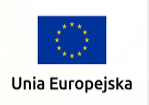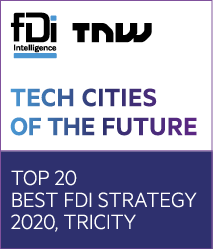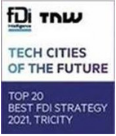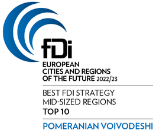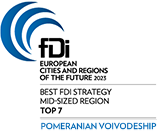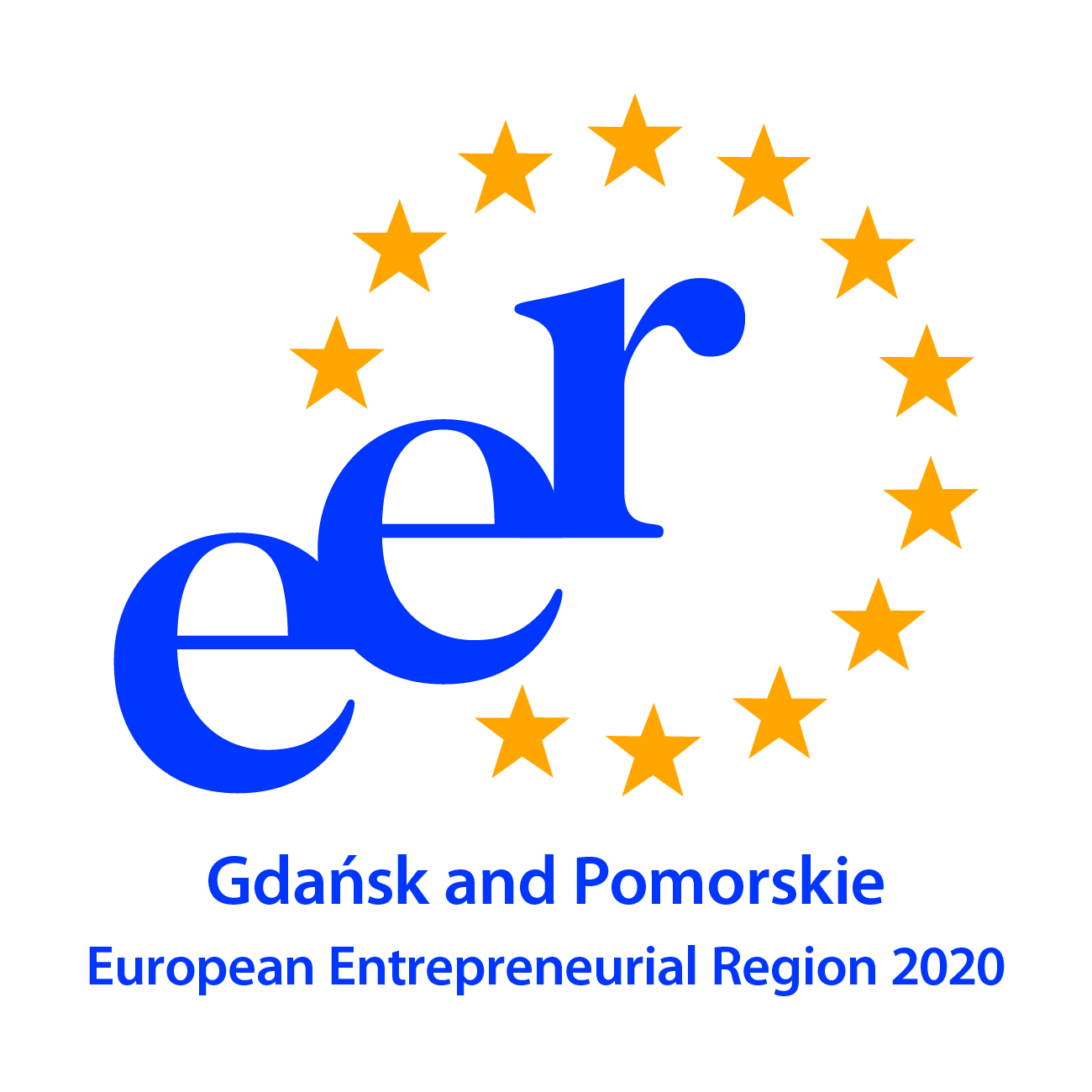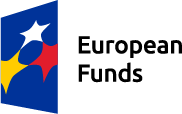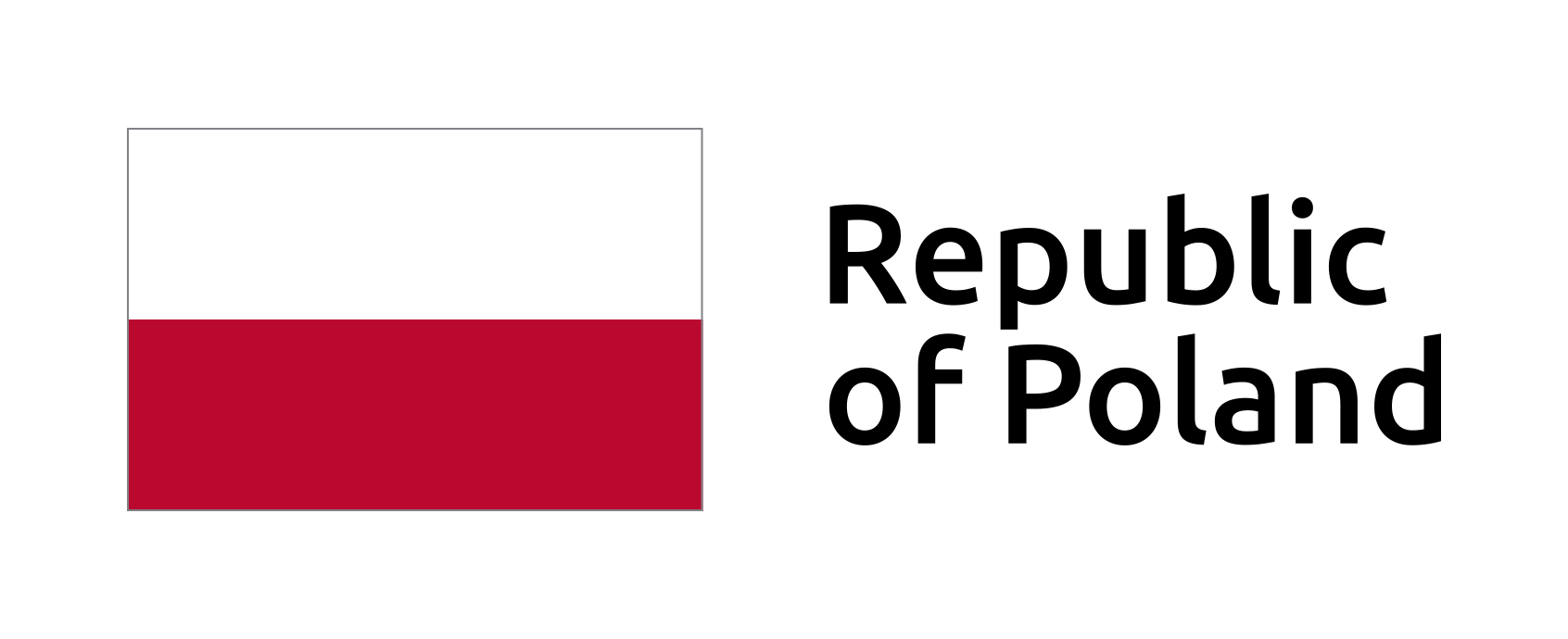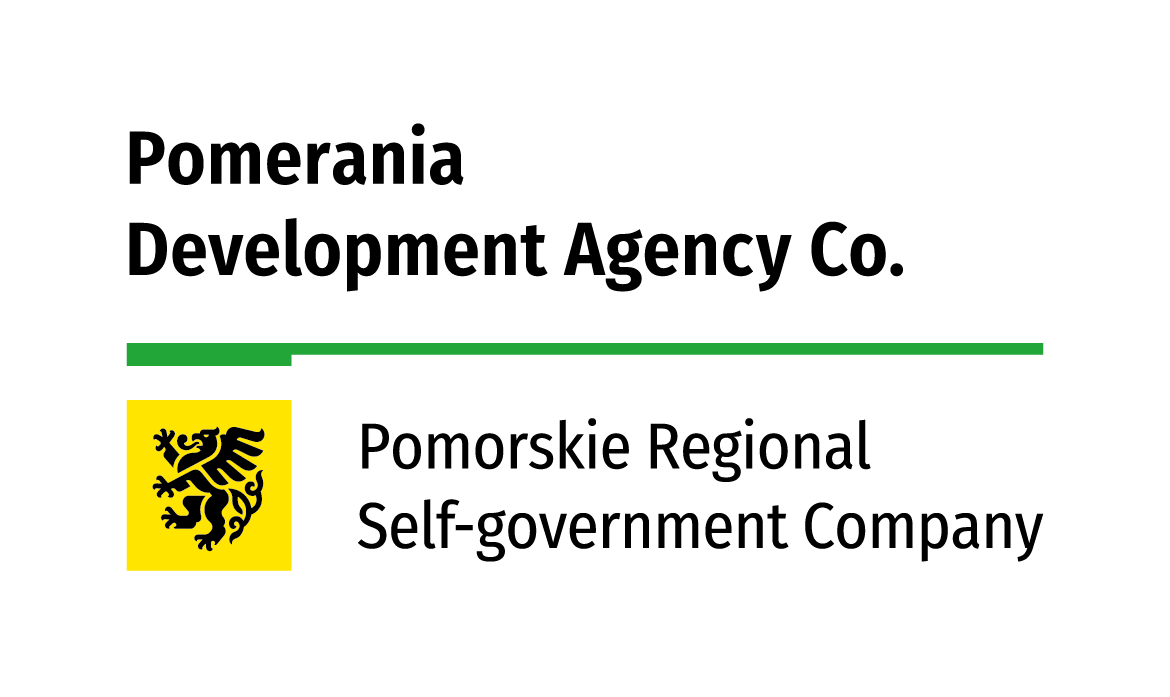In this series of exciting interviews, we talk to the leading companies in the Biotech and Life Sciences sector in Pomerania. Here, we are in conversation with Karolina Płonka, sales and marketing manager at QSAR Lab – a company that designs new chemical substances using computational modeling methods.
What does QSAR Lab do?
QSAR Lab is an R&D company that has moved experiments from traditional laboratories to virtual space. The company’s research team develops computational methods that support the chemical risk assessment process.
Chemicals can pose a huge risk to human health and the environment. There are more and more newly produced substances placed on the market every year. Each of them must be rigorously tested before being registered. These tests can be performed in a lab, but this requires the use of animals, such as mice as product test subjects. Our scientists have replaced physical experiments with computational methods.
In addition to risk assessment, computer methods also allow predicting toxicity and physicochemical properties of chemicals and nanomaterials. Computer modeling makes it possible to design chemical substances and nanomaterials with the required physicochemical properties and in accordance with the principle of safe by design principle [integration of hazard identification and risk assessment methods early in the design process to eliminate or minimize the risks].
QSAR Lab is a pioneer in the field of computer modeling of biological activity, toxicity, and physicochemical properties of nanomaterials. The company was the first to adopt the QSAR / QSPR methodology [quantitative structure-activity relationship; a strategy based on the idea that when we change a structure of a molecule then also the activity or property of the substance will be modified] to the nanoparticles. The research team consists of specialists in the field of computer design and analysis of new chemical substances, nanotechnology, nanotoxicology, chemical statistics and chemometrics.
Currently, QSAR Lab is involved in the implementation of 3 research and development projects financed by the international European Union Framework Program HORIZON 2020, and one project financed from the Fast Track NCBR program.
What products do you offer and what problems do they solve?
The most important areas of the company’s operations are: assessment of the safety of chemicals and nanomaterials, design of new chemicals and nanomaterials by computer methods, and prediction of physicochemical properties and toxicity of chemicals and nanomaterials.
The company also offers services that include support in the registration processes of chemical substances and nanomaterials (including REACH), advice on the use and safety of nanomaterials, training in the practical use of computer methods in the design and risk assessment of new chemical compounds.
The company does research and development of innovative computational methods that allow design and risk assessment of technologically advanced nanoparticles and nanomaterials.
Computer methods allow rapid prediction of specific physicochemical properties and toxicity of substances while eliminating laborious and costly experiments, as well as doing away with ethical factors associated with the use of laboratory animals. It is estimated that around 12 million vertebrates undergo research for scientific, commercial and regulatory changes. In silico testing is an alternative to animal testing proposed by REACH.
Can you name your key sectors and markets?
The company’s design and R&D activities have European and global reach. At present, we provide our commercial services to companies on the Polish market, although we are already undertaking activities to expand our services to other European countries.
The key sectors for the company’s operations are the NanoTech, chemical (basic chemicals, agricultural chemistry, pharmaceuticals and household chemistry), BioMed, BioTech and pharmaceutical sectors. The services offered by QSAR Lab are widely used in many industries, we were even in talks with representatives of the space industry.
What do you think about the business ecosystem in Pomerania?
Tricity is one of the most dynamically developing agglomerations in Poland. It attracts not only more and more investment projects but also highly qualified specialists encouraged to relocate here by the quality of life in Pomerania.
From our company’s perspective, we see a number of projects undertaken by both public and private institutions aiming to build such an ecosystem. First of all, our two technology parks should be mentioned, as well as the Starter Incubator or many interesting initiatives by companies based in the Olivia Business Center.
The implementation activity of Pomeranian universities is also an important area that contributes to building the ecosystem, although it seems that there is still a long way to go when it comes to building deep relations between business and science. QSAR Lab, as a spin-off of the University of Gdańsk, is trying to pave the way in research commercialisation.
What is the development potential of the biotech and Life Science sector in Pomerania?
Biotech and Life Science is currently one of the most dynamically developing fragments of the global economy. In our opinion, together with the energy, IT industry and modern logistics, it is a driving force behind technological development and well-being. It would be a sin if our region did not try to find its place in this race.
We fulfill all the necessary conditions for this – we have three regional universities, favorable geographical location resulting in good connections with the rest of the world, good quality of life and, most importantly, a growing culture of innovation and entrepreneurship.
There is certainly a shortage of large business players who could help push Pomerania to a higher stage of development through their financial and organizational resources and global scale. Ideally, we will see several global corporations in the Life Science industry locating their research and development centers in the region and cooperating with the local startups and universities.
What else do you think could be done to create favourable conditions for the further development of the Life Science sector in Pomerania?
First, try to achieve the synergy effect through closer cooperation between the Gdańsk University of Technology, the University of Gdańsk and the Medical University of Gdańsk and with the whole business ecosystem. An interesting and very successful initiative in this area is the Intercollegiate Faculty of Biotechnology of the University of Gdańsk and the Medical University of Gdańsk [a joint department of biotechnology established by the two univeristies].
Secondly, we should build effective clusters focused on specific technologies and technological challenges.
Third, we should strengthen international recognition of the region and our local companies by, for example, encouraging their participation in projects under the Horizon 2020 program.
And finally, we should continue to work on increasing the attractiveness of the region through seemingly minor solutions, such as increasing modern office space and adding to the existing flight connections.
What are your forecasts for the sector and what role can Pomerania play in the global Life Science market?
The Life Science sector is a special segment of the market. To succeed in this field you need not only great ideas and outstanding specialists but also a huge capital. To invest a new, innovative drug, one needs at least 1-1.2 billion dollars. There are currently no companies with such capital in Pomerania. It is, therefore, necessary to look for market niches, where competitive advantage depends rather on competences and creativity and not only capital.
An area with a big potential for development is the combination of medical technologies with IT solutions, the so-called digital healthcare. We need to be aware of our limitations, build alliances, both regional and global, by offering our unique competences. Such alliances are a way to globalize our companies, gain extremely valuable experience and – finally – build an organizational framework that allows for further, more independent development.
You can read an article on the Biotech and Life Science scene in Pomerania in the February issue of Anywhere.pl magazine. Read also other interviews with Pomerania-based biotech companies on our portal.

